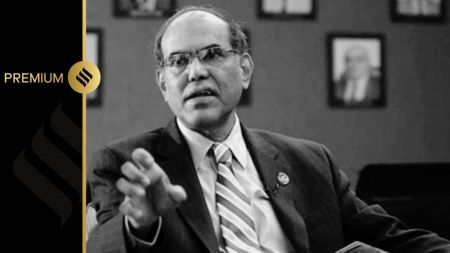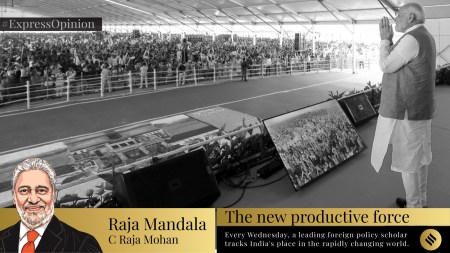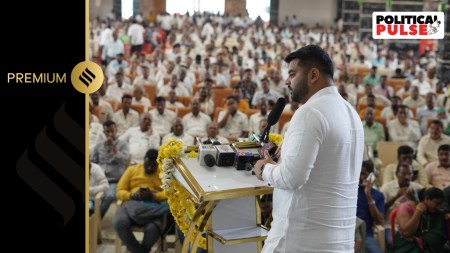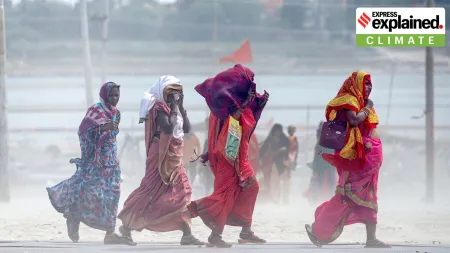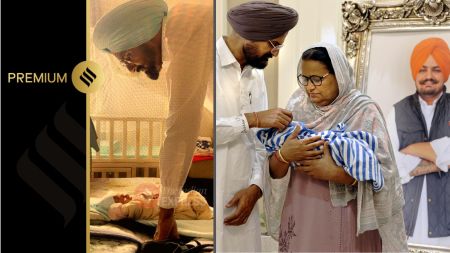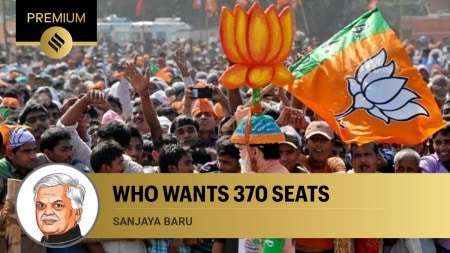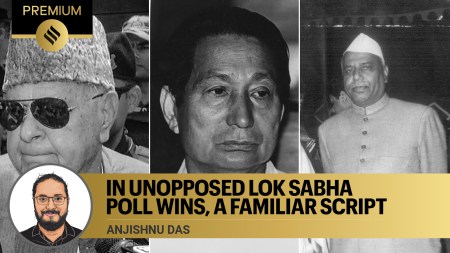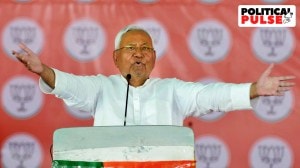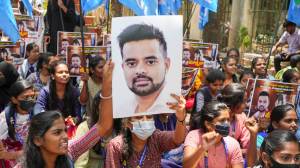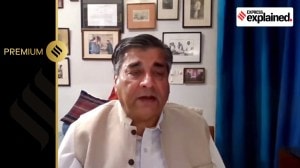- India
- International
JPC adopts report on Citizenship (Amendment) Bill
The crucial question now is whether the government will make the next move by bringing the Bill to the Lok Sabha on January 7. The Winter Session is set to end on January 8.
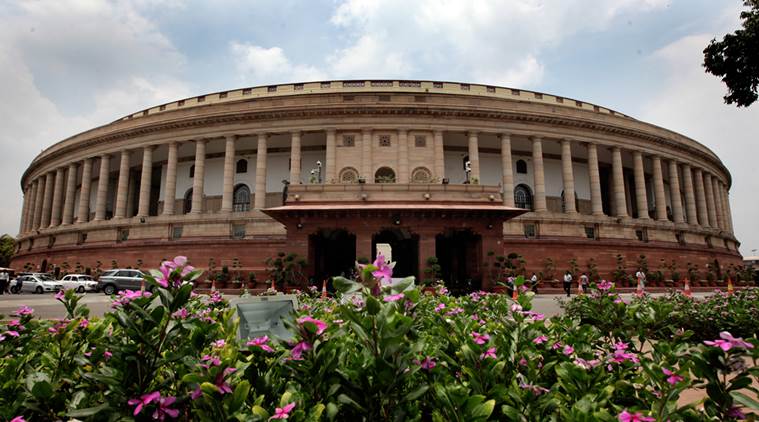 Linked to the Bill is the BJP’s relationship with Asom Gana Parishad (AGP), which has threatened to break its alliance with the saffron party if it goes ahead with the Bill. (Express photo by Ravi Kanojia/File)
Linked to the Bill is the BJP’s relationship with Asom Gana Parishad (AGP), which has threatened to break its alliance with the saffron party if it goes ahead with the Bill. (Express photo by Ravi Kanojia/File)
A Joint Parliamentary Committee (JPC) on Thursday adopted a report clearing the contentious Citizenship (Amendment) Bill, 2016, which seeks to amend the Citizenship Act, 1955.
The legislation aims at granting citizenship to minority communities from Afghanistan, Bangladesh, and Pakistan — Hindus, Sikhs, Buddhists, Jains, Parsis, and Christians — after six years of residence in India, instead of 12, even if they do not possess proper documents. This means that the cut-off date for this purpose in Assam, which was March 25, 1971 (following the historic Assam Accord), would be December 31, 2014, in case the Bill is passed by Parliament.
The crucial question now is whether the government will make the next move by bringing the Bill to the Lok Sabha on January 7. The Winter Session is set to end on January 8.
Linked to the Bill is the BJP’s relationship with Asom Gana Parishad (AGP), which has threatened to break its alliance with the saffron party if it goes ahead with the Bill.
The legislation also has implications vis-a-vis the Northeast and West Bengal, where the BJP is hopeful of performing better in the next Lok Sabha polls.

“It was not a unanimous report,” an Opposition member of the JPC told The Indian Express. At least three members — Bhartruhari Mahtab (BJD), Mohammad Salim (CPI-M) and Javed Ali Khan (Samajwadi Party) — are likely to submit their dissent notes to the panel’s chairman, Rajendra Agrawal (BJP), on Friday.
The exclusion of Muslims from the list had led to stiff opposition from the Congress, TMC, CPI(M) and the SP. Their representatives contended that religion could not be the basis for the grant of citizenship in a secular country. The committee cited submissions from various ministries to the effect that “the fear of religious persecution is real and widely prevalent in all three countries under reference”.
The BJP was in a strong position in the panel with 14 of the 30 members, besides the chairman, belonging to the party. The Congress had four members, followed by two each from the TMC and BJD. The Shiv Sena, JD(U), TRS, TDP, CPI(M), AIADMK, SP, and the BSP had one member each.
The committee concurred “with the proposal of the government to enable members of the six minority communities”, who had come from the three neighbouring countries due to “religious persecution”, to apply for citizenship.
Sources disclosed that Mahtab and Bhubaneswar Kalita (Congress), at the panel meeting on Monday, moved separate amendments to exclude Bangladesh from the scope of the Bill. However, their amendments were defeated. The committee maintained that keeping Bangladesh out of the purview of the proposed amendments “would negate the very objects and reasons for bringing the Bill”.
Explained | JPC cleared, RS may be difficult
THE CITIZENSHIP (Amendment) Bill, 2016, is part of BJP’s ideological push, and it gained traction in the last few months following the NRC exercise in Assam. While threatening to expel illegal migrants identified after the NRC exercise, BJP president Amit Shah has also been talking of granting citizenship to minorities from the Muslim-dominated neighbouring countries of Bangladesh, Pakistan and Afghanistan. The dissent of some Opposition members of the JPC may be reflected during voting on the Bill. This may have a bearing in Rajya Sabha, where the government doesn’t enjoy majority.
May 02: Latest News
- 01
- 02
- 03
- 04
- 05


